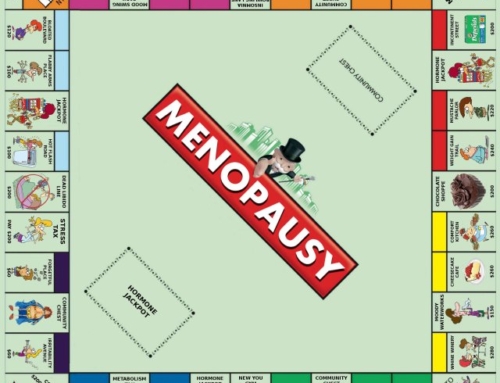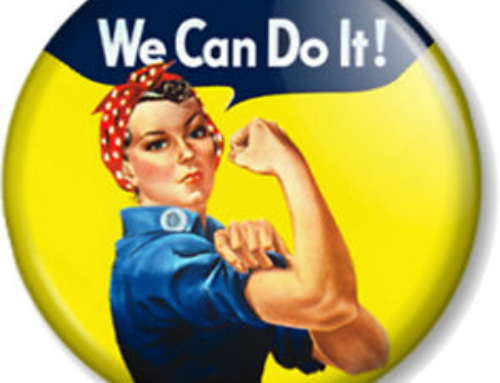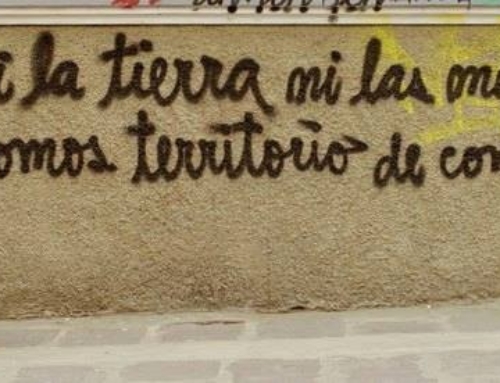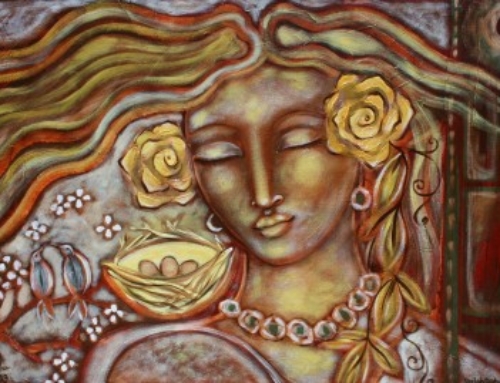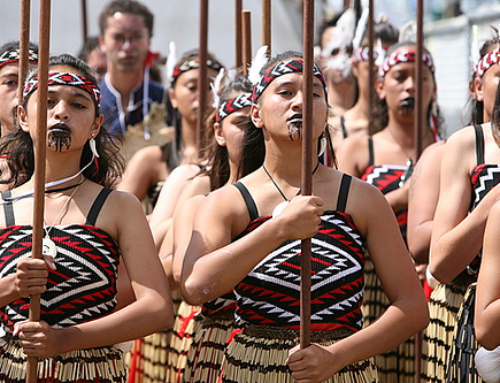 Women, please help me with this research project. NOT for the sake of academia. My hope is to acknowledge and celebrate the spirit of women and girls; to provide guidance and encouragement for women today and into the future. Any one who has ever sat in a circle to truly listen to the stories of another, knows the transformative power of authentic story.
Women, please help me with this research project. NOT for the sake of academia. My hope is to acknowledge and celebrate the spirit of women and girls; to provide guidance and encouragement for women today and into the future. Any one who has ever sat in a circle to truly listen to the stories of another, knows the transformative power of authentic story.
Women and girls in our contemporary culture are in trouble. We are plagued by low self worth, depression, media objectification, a competitive pressure to achieve according to male standards, and our increasing rates of breast and cervical cancer scream out like sirens arriving too late to the scene of the crime.
We have so much to learn from Indigenous people of this Earth. Aboriginal, African, South American Indian, North American Indian, Celtic, Asian, Middle Eastern, South Pacific Islanders, they all celebrated and acknowledged women’s unique and profound natural life changes. In turn they gained the wisdom of the elder women who provided guidance for the tribe in matters of ceremony, spirit, politics and justice.
Where are our Rites of Passage today?? It seems logical that many of our current dilemmas for women and men could be eased if we provided each gender with age appropriate Rites of Passage as guideposts to mark their transitions, especially our transition to adulthood. This theory is supported by many well researched in the fields of Anthropology, Sociology, and Psychology. (references below)
My request is to hear your stories. Then gather your stories of women’s initiations; reverently and intelligently collate the wisdom, knowledge and information; and, along with my own decades of experience in working with women and girls in transitions, write an educational book to offer educational tools, support and validation for girls and women to strengthen themselves as a global community. This is a safe and trustable place for women to speak.
My dream is to hear your stories, stories of women elders from all nations, all tribes, all walks of life, of indigenous ones, of those who have lived close to the earth and know sacred women’s business as natural and vital to our healthy future as humans on earth………… I want to hear your sacred marking of women’s life transitions, particularly the ones related to menarche, birthing, menopause, and eldership. I want to know more than what took place, because so often this can be taken out of context and misinterpreted from another culture’s perspective. I want to gain insight into the cultural values and underpinnings that dictated the specific initiatic traditions, and more importantly, why, and how that affected the family and community as a whole.
I know I am treading into secret women’s business territory. So please forgive the possible transgression even in this humble request, but I do this for the sake of understanding. I am seeking to bridge the gap between where we are now as women (and as a peoples), so distant from our innate earth wisdom, and the Great Possibility: humanity learning to live in a more sane and wholesome way, integrated with and within Universal Laws of Nature.
And I want to hear your stories of un-intiation, of how each of us as women has walked blindly due to lack of initiation in our modern world.
So this may be a story of your sister, grandmother, great grandmothers sister, auntie, cousin, yourself, or your tribal heritage. But I want stories of this reality, not fantasy, true stories of real womens’ initiations, and the loss of initiations, and what these have meant, provided, seeded, taught, fostered, ……. whatever you can find out or remember.
To me, Ritual and Rites of Initiation have the power to move mountains, to transcend boundaries of personality and time and re-mind us of our primordial connection to life, our original face. From there we can see wider, eagle vision, larger expanse of breath. As we begin to see ourselves and all beings within the vast web of life, our empathetic responses to the needs of our world and her creatures will awaken. Then the work of co-creation towards a sane and humane world can begin.
The questions below are simple guidelines. Please feel free to say what ever is important to you, whether or not I have addressed it in the questions. All comments on this site are mediated first by myself before they are public, so they do not need to be publicised on line, I am happy to keep stories confidential and names anonymous.
- What practical and/or spiritual preparation, guidance or instruction were you given to enter into puberty, sex, womanhood, birthing, motherhood, loss, menopause, cronehood?
- Who offered you guidance (directly or indirectly)? Did it help you?
- Were there ceremonies or rituals, even family traditions that supported you to acknowledge and embrace transition, in yourself and others?
- What did these ceremonies mean for you at the time, and retrospectively?
- How do you think these rites of passage, or lack of rites of passage, have affected you and your family or community?
- If you never received any formal initiations, what do you imagine may have been different in your relationship to yourself as a woman, and to your community of women and family, if you had?
- And vice versa- if you have undergone formal initiations, what do you imagine may have been different if you hadn’t?
I await your responses with an open mind, an open heart and a vow to keep confidential names and places if you request.
Thank you, thank you , thank you, gracias, merci, grazie, obrigada, terima kasi, kapun ka, takk, danke, shokran, arigato, xie xie, efharisto, dêkuji, sukria, todah, kamsa hamnida, istutiy, spasibo, salamat po, Pilamaya ye, Añay, Nais, Fa’afetai, Thank ye, Ke a leboga, Yala bak allah, Gunalchéesh, Malo, Azéharamo aypo-mia, Fakafetai, Enkosi, Oshe, Wiyarrparlunpaju-yungu, Yaqhanyelay, Tujechhe, Mauruuru roa, Jəpən,Tawdi, Nawari, Mehrbani, Ke a leboga, Angen, Hay sxw q’a, Pagui, Auw’e, Hambadiahana, Namasmasuk, Ka, Koutai, Chaltu may, Ka pai, Eso, Ashi, Webale, Moducué, Khawp jai, Gilakas’la, Murakoze, Ndondele, Chyeju gabba sai, Barkal, Köszi, Maake, Askwali, Vinaka, Imbuya mono, Ù rú èsé, Yakoke, Zikomo, Hahóo, Juspaxar, And to all those traditional languages where thank you is not in the vocabulary because giving is considered a natural exchange of life.
References
Hannah Rachel Bell, Men’s Business, Women’s Business
Betwixt and Between
Virginia Beane-Rutter, Woman Changing Woman
David Maybury-Lewis, Millennia
Lara Owen, Her Blood is Gold
Dr. Cloud Lee, The Circle is Sacred
Robert Lawlor, Voices of the First Day

